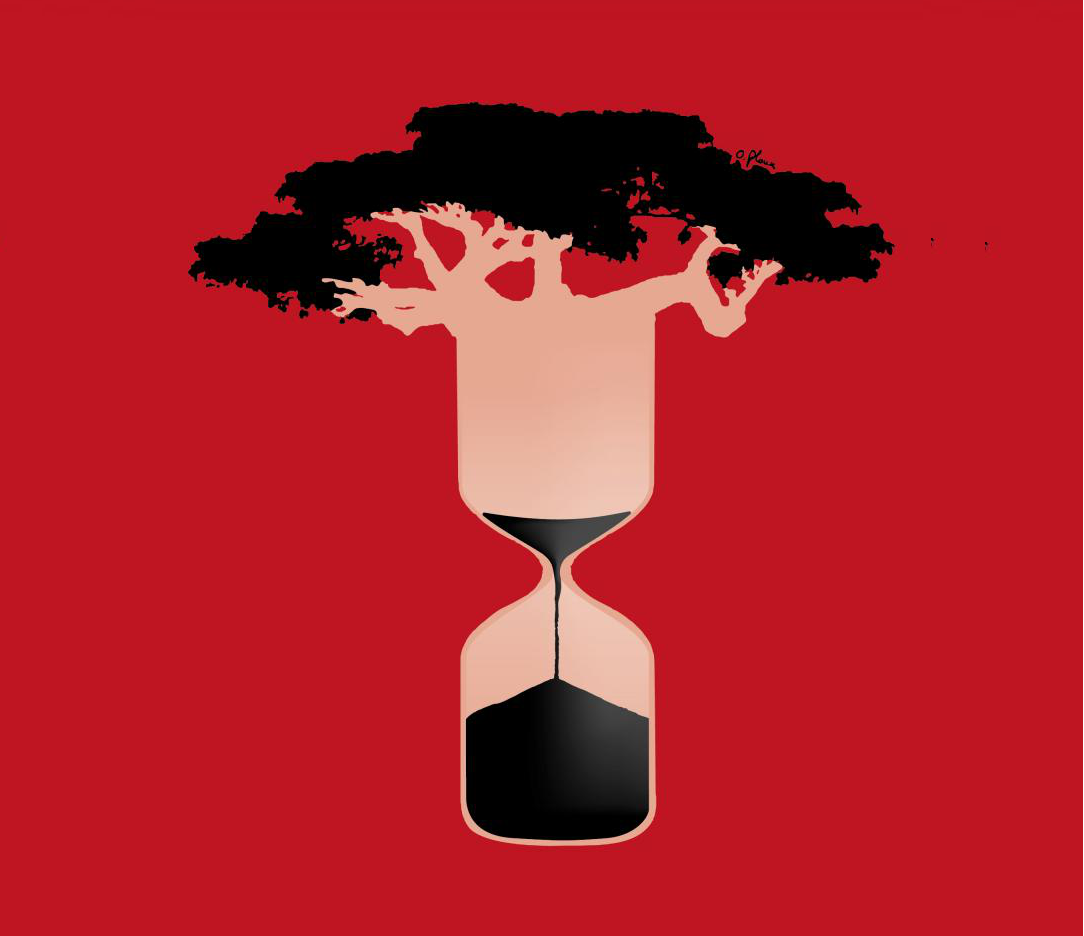In the past few weeks, political leaders globally have made headlines for their controversial stances on climate action, signalling a concerning shift in the commitment to environmental policies.
Diyora Shadijanova in The Guardian says that bluntly: some politicians “have no interest in saving our planet”. The UK's prime minister Rishi Sunak, who spent more time travelling to COP28 on his private jet than attending the conference, delivered a speech at the Dubai summit reaffirming the decision to abandon crucial climate policies. This move is part of a broader trend seen in right-wing and far-right parties across Western countries, where long-held climate commitments are being forsaken. Geert Wilders' Freedom party in the Netherlands, New Zealand's National party, Germany's AfD, and Canada's Conservatives are all on the same page.
An interview in Reporterre with French climate scientist Valérie Masson-Delmotte reiterates the concept. Masson-Delmotte thinks that “values of governments, regional leaders and local authorities have been rooted for decades, in a model that is no longer adapted to today's challenges”. Plus, “billionaires want to preserve ultra-emitting lifestyles”, and “economic players do not understand the urgent need to change practices and move away from fossil fuels”. She warns “the big challenge now is to show possible alternatives on a sufficient scale and which are desirable”.
Yet, the consequences of climate change are there for all to see them, starkly illustrated by extreme weather events. In Denmark, recent storms incurred significant costs, mirroring a global trend where climate-related damages lead to temporary GDP rises during rebuilding. Before you rejoice, it’s just a camouflage. The worse climate change and the later the green transition, the more it costs welfare, says Information.
Interesting article?
It was made possible by Voxeurop’s community. High-quality reporting and translation comes at a cost. To continue producing independent journalism, we need your support.
Oil is bad in all possible ways. In Argentina, the German loading port operator Oiltanking Ebytem faces criticism for an oil slick off Bahía Blanca. Taz highlighted the environmental risks associated with industrial operations.
Just as the EU Parliament faced one of its worst failures by not finding an agreement on a law to reduce pesticides last year, the discussion adds another layer to the environmental challenges. While pesticides are integral to modern agriculture, their improper use poses risks to food safety and human health. Balkan countries face additional issues because standards are not the same as European ones, Katerina Topalova-Dejanovska, Dalibor Stupar, Gjon Rakipi, and Jerina Rakipi explain in Tirana Times.
In Austria, glaciologist Andrea Fischer, named Scientist of the Year, talks with Kurier about the clear impact of climate change on mountain ice. Fischer's passion for icy landscapes echoes in her concern for local glaciers. Their vulnerability shows the need to address climate change seriously.
This is all part of the same story, as data from Copernicus confirmed 2023 was the hottest on record, marking a grim milestone in global warming. According to Ferdinando Cotugno, who writes for Domani, the transformation of the world is already underway. The problem is that it is still happening too slowly, although the climate crisis is not waiting for us and the window to avoid the worst effects is closing. It is no longer a question of what to do, but when, and how long will it take for us to act.
At the time I’m writing this review, it is snowing in Italy. This may be seen as a good sign of a not-so-warming planet. Truth is the changing climate also impacts cold weather patterns and the rise in temperatures does not imply the disappearance of winter. Spain, experiencing more warming in summer than winter, anticipates a shift in temperature distribution. Climatologists in Maldita caution against the misconception that warming eliminates extreme cold events, citing examples like Storm Filomena in Spain and heavy snowfall in Munich.
Addressing climate change requires a global perspective, according to specialist of environmental geopolitics François Gemenne. In the Green European Journal, he argues that Europe's climate future depends not only on its actions but on global developments. Gemenne emphasises the need for Europe to collaborate with developing countries, stimulate investments in their energy transitions, and share low-carbon technologies globally. Otherwise, the EU risks becoming “a decarbonised island in a [worldwide] sea of carbon.”
Just have a sneak peak around the corner. In a troubling move, Russia labelled international NGOs like Bellona, Greenpeace, and the World Wildlife Fund as "undesirable," effectively dismantling significant voices on ecological issues. The Moscow Times says this anti-Western stance signals a crackdown on environmental advocates, limiting their influence in the country and obstructing global collaboration on environmental challenges.
Looking ahead to this new year, democratic values face challenges globally. Elections in major countries, including the US, Russia, India, and the EU, could usher in nationalist and conservative parties, who would be less willing to take action against the climate crisis.
As we move forward, the role of civil society becomes crucial. EUobserver’s editor-in-chief Alejandro Tauber underscores the importance of a strong civil society in providing an ongoing dialogue between citizens, policymakers, and NGOs. This interconnected approach aims to ensure that policies implemented after elections align with the concerns of the people and contribute to addressing pressing global issues.
It might feel like a lot of pressure is upon us, Federica Di Sario writes in Politico. Thousands in Brussels are grappling with the strain of crafting climate legislation, facing disheartening negotiations and burnout. Therapists advise periodic news checks rather than constant updates, while some NGOs are recognising the issue, offering well-being workshops and mental health support.
As we are saying goodbye to a pivotal year for climate awareness, a new one opens and it’s full of opportunities – or, we should say, urgent calls. Check on your loved ones, before you or them succumb to eco-anxiety, and make sure our politicians do the job.
Wishing you a happy new year, one that counts!












